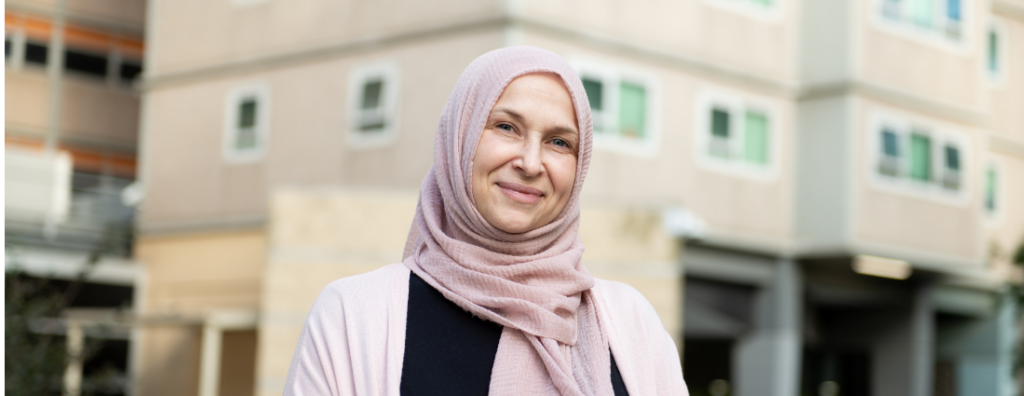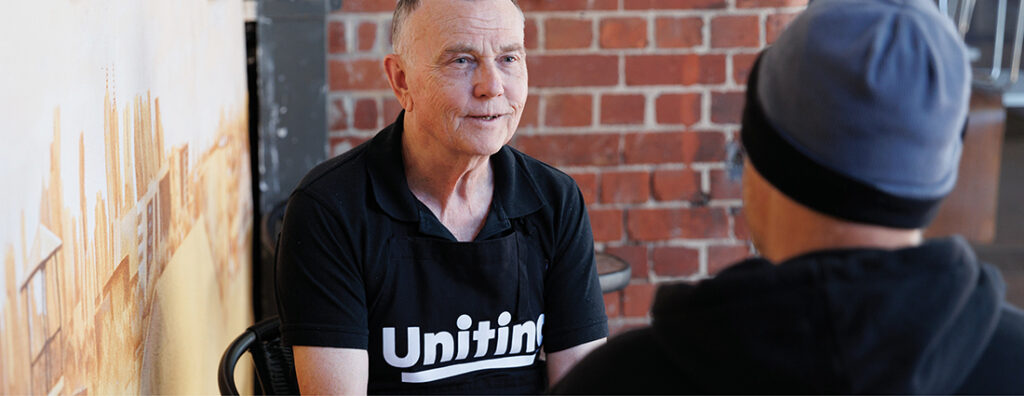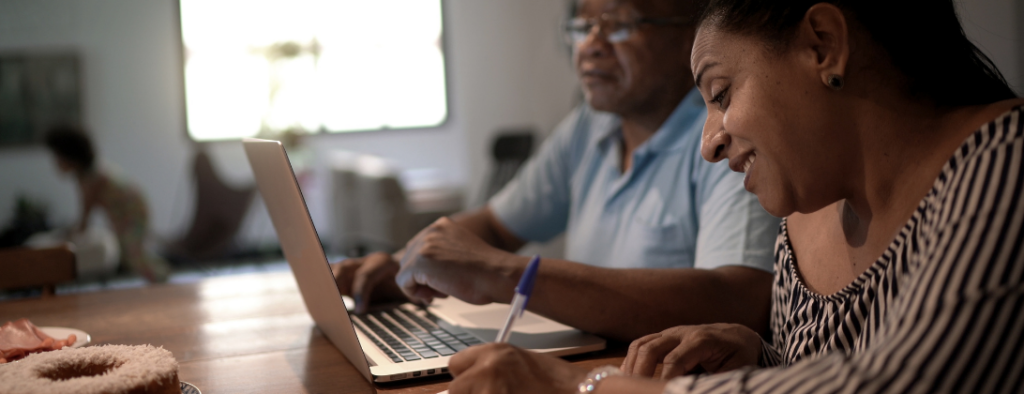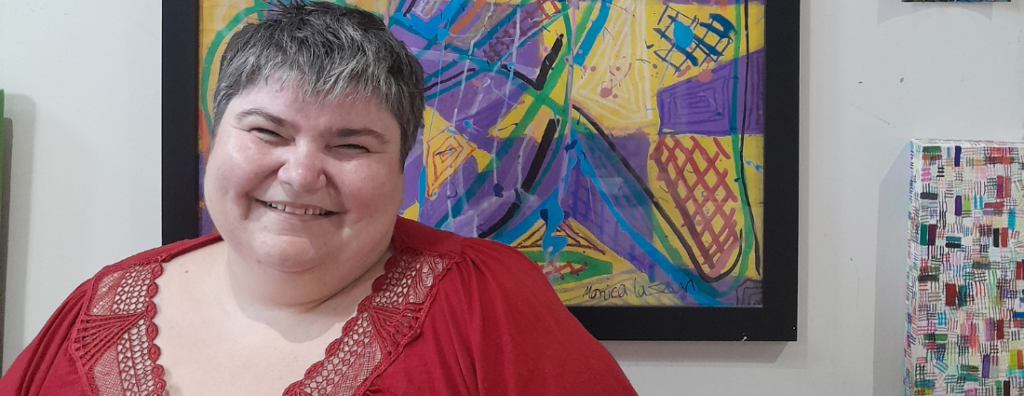Kelli remembers being locked down in her home for two weeks without warning.
“We found out about it when it was announced on the TV. Then we looked outside and saw the police,” Kelli said.
In July 2020, when the COVID-19 pandemic was only a few months old, Kelli and her children, along with thousands of other residents in the Melbourne public housing towers, were forced into sudden lockdown by police.
They were not allowed to leave their homes for any purpose. Many didn’t have supplies at home to last a week, had no idea how they would get supplies whilst locked down, and received no information.
“It’s the worst experience I’ve ever had living in the towers,” Kelli said.
“Whenever I think back to it, I think ‘wow, that actually happened’. It was so surreal.”
For over 20 years, Kelli has called ‘the towers’ home
“I’ve lived in social housing for more than 20 years. My kids grew up in social housing. I love it,” she said.
“I absolutely identify as someone who lives in social housing and I think a lot of people see it as a negative thing.
“Especially during covid, the way the media portrayed us was unkind and untrue. I remember seeing people passing the building filming us on snapchat, yelling things.
“People say ‘you need to get out, you need to move’, and some have, but we chose to stay.”
Within the Melbourne public housing towers, Kelli and her children founded a community.
“Where I live, it’s very close-knit and that makes it more of a community. Everyone knows each other,” she said.
Kelli first looked into social housing when she was struggling to pay private rent.
“I left my job when I had my daughter, and I was paying private rent. I applied previously for housing and when I contacted them I found that I was at the top of the list,” she said.
“I moved in here in 1999. It has given me a lot of stability, before I had very little stability.”
From living to working in social housing
Kelli was referred to Uniting’s Social Housing Employment Program (SHEP) in 2022, a program that assists people living in social housing, or facing barriers to employment, find work in their community.
“I was referred to Uniting and received support finding jobs. They offered training and help with applications, they were in touch with me quite often. Making sure everything was handed in for the application,” said Kelli.
“It was nice to have someone checking in, to have someone to back you up.”
Kelli found her current job through the SHEP program and completed training to support her in her new role.
“I realised I really liked community work after working as a concierge during covid,” she said.
“I’ve trained as a housing officer, which means we look after a ‘patch’ – a certain number of homes, and people. So, when these people have issues, if people are behind in rent, or face evictions, we help them, and maintain their homes so that they can continue living happily.
“Because I live in social housing, it gives me a good foundation for the job. That’s really important. But above all I really enjoy working in my community.”
Kelli’s experience of living social housing means she understands the challenges residents face.
“I mention to people in my patch that I live in social housing too, and their reactions are like ‘wow’. They like having someone who understands them. It helps them to know that I understand,” Kelli said.
Kelli’s new role has given her purpose and independence
“Having secure employment means I can start affording things that I wouldn’t have had before,” she said.
“It means any goals that I have had, I might be able to achieve. I’m a single mum, with one child left at home. It’s about me finding independence. There are things that I want to do with my life.”
Kelli shares a message to those who may be feeling lost in their search for employment.
“To those people who want to work, and face barriers – I would say you’ve got to try to find somebody to help you, you don’t have to do things on your own. Take the assistance where it is,” she said.
“There are people who just fall through the cracks. Who are capable, but just lack the support.
“Uniting is very supportive of people in social housing, they’re definitely with you all the way.”
Find out more about the Social Housing Employment Program






